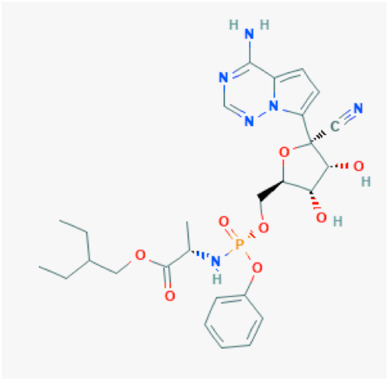WHO recommends Veklury for high-risk patients

The World Health Organisation (WHO) has recommended Veklury (remdesivir) for the treatment of patients with non-severe COVID-19 who are at the highest risk of hospitalisation.
The revised recommendation was prompted by evidence from the phase 3 double-blind, placebo-controlled trial, PINETREE.
Data from the trial demonstrated that a three-day course of remdesivir treatment significantly reduced risk of hospitalisation or death – compared to the placebo – in non-hospitalised patients at high risk of disease progression.
The news comes with WHO’s estimation that between 1 January 2020 and 31 December 2021, 14.9 million deaths associated directly or indirectly with COVID-19 occurred.
The phase 3 PINETREE trial of Veklury analysed 562 patients. Patients treated with the drug demonstrated a statistically significant reduction of 87% in risk for the composite primary endpoint of COVID-19-related hospitalisation, or all-cause death by Day 28.
WHO additionally stated that the recommendation for remdesivir in patients with severe or critical COVID-19 is being updated, using new evidence. The organisation emphasised that the drug has not been recommended as a treatment for patients with severe COVID-19, that is, patients requiring oxygen. This marks no change from WHO’s previous guidelines in this area.
The first ever WHO global report on Infection Prevention and Control has also been released – revealing that good IPC programmes can reduce health care infections by as much as 70%. The organisation has called on all countries around the globe to increase their investment in IPC programmes, to ensure quality of care, and patient and healthcare workers’ safety.
The most common adverse reaction to Veklury in healthy volunteers is increased transaminases (14%). Transaminases are enzymes that are important in the synthesis of amino acids, which form proteins – high levels of transaminases can cause nausea, tiredness, and loss of appetite.
The most common adverse reaction to Veklury among patients treated with COVID-19 was reported to be nausea (4%).
6th May 2022



